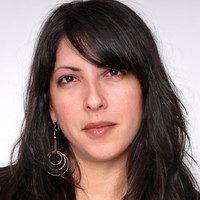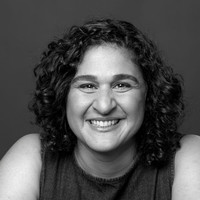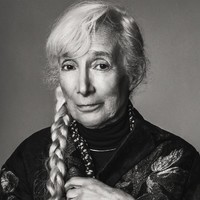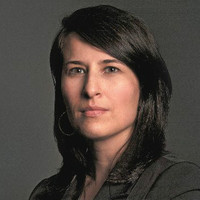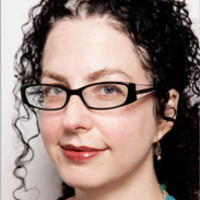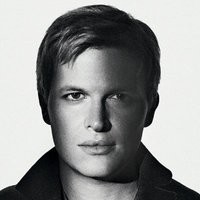John Grisham is the author of 38 books, including his latest novel, Camino Island.
“A Time to Kill didn’t sell. It just didn’t sell. There was never any talk of going back for a second printing. No talk of paper back. No foreign deal. It was a flop. And I told my wife, I said, ‘Look, I’m gonna do it one more time. I’m gonna write one more book…hopefully something more commercial, more accessible, more popular. If this doesn’t work, forget this career. Forget this hobby. I’m just gonna be a lawyer and get on with it.’”
Thanks to Casper, Squarespace, and MailChimp for sponsoring this week's episode.

